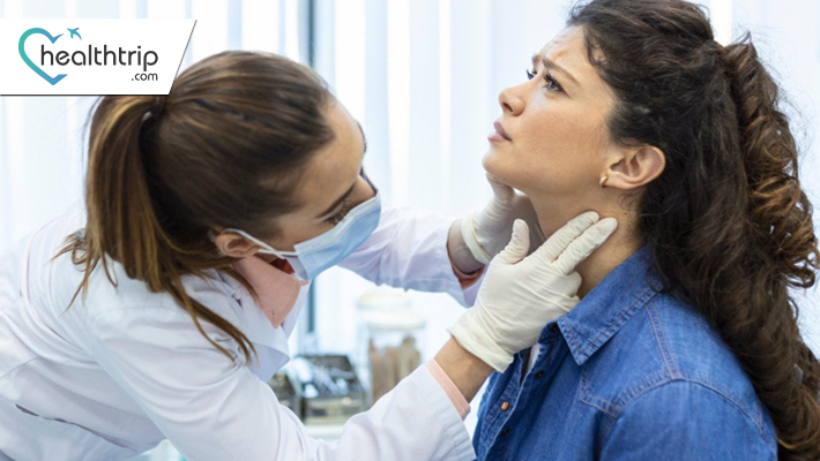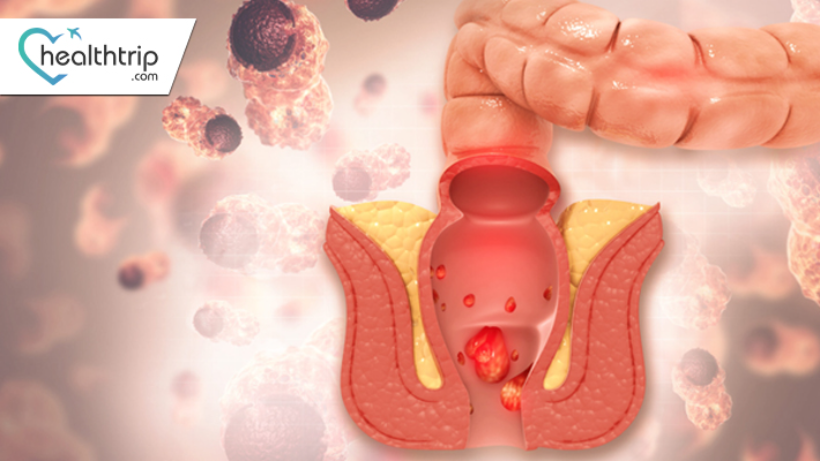
Dr. Mudhasir Ahmad
Consults at :

No. Of Surgeries

Experience
FAQs
Dr. Mudhasir Ahmad is a Pulmonologist. He specializes in the diagnosis and treatment of lung diseases.
Dr. Mudhasir Ahmad has over 10 years of experience in Pulmonology. He has extensive experience in managing all types of lung diseases, including asthma, COPD, and pneumonia.
Dr. Mudhasir Ahmad's consultation fees are INR 1500.
Dr. Mudhasir Ahmad practices at Fortis Hospital Noida. He also has a private practice in Noida.
Yes, Dr. Mudhasir Ahmad offers online consultations. You can book an online consultation through his website or through the Fortis Hospital website.
Dr. Mudhasir Ahmad offers a variety of treatment options for lung diseases, including medication, surgery, and pulmonary rehabilitation. He also offers preventive care services, such as smoking cessation counseling and flu vaccination.
Dr. Mudhasir Ahmad's areas of expertise include:
Asthma
COPD
Pneumonia
Sleep apnea
Tuberculosis
Interstitial lung diseases
Dr. Mudhasir Ahmad is a qualified Pulmonologist with an MBBS, MD, and DNB in Pulmonology. He is also a Fellow of the American College of Chest Physicians (FCCP).
Dr. Mudhasir Ahmad has published several research papers in international and national journals. He is also a reviewer for several medical journals.
Dr. Mudhasir Ahmad has received positive patient reviews for his expertise, compassion, and communication skills.






